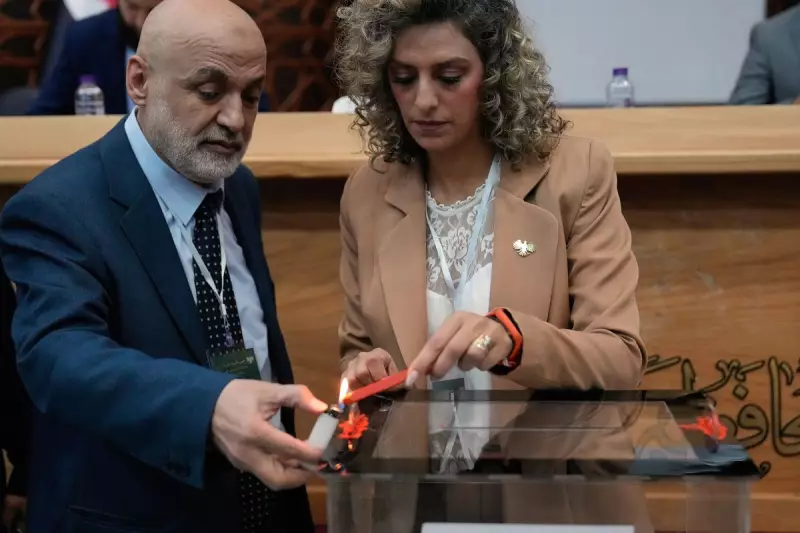
In a result that surprised few observers but drew widespread international criticism, Bashar al-Assad has been declared the winner of Syria's presidential election, securing his fourth term in office with what officials claim is 95.1% of the vote.
A Foregone Conclusion in Damascus
The election, held across government-controlled territories, saw Assad compete against two largely unknown candidates in a process that Western nations have uniformly condemned as neither free nor fair. Official figures released by Syria's parliament speaker Hammouda Sabbagh showed the incumbent president receiving overwhelming support from those who participated.
Syrian state media portrayed the election as a celebration of national sovereignty, with images of enthusiastic voters waving flags and chanting pro-Assad slogans. Government supporters described the process as a powerful demonstration of Syria's resilience after years of conflict.
International Condemnation and Regional Support
The United States and European Union were quick to dismiss the election's legitimacy. A US State Department spokesperson stated that the exercise "does not represent the will of the Syrian people" and emphasised that Washington would not recognise the outcome.
Meanwhile, Russia and Iran—key allies that have supported Assad throughout the civil war—congratulated the Syrian leader on his victory. This stark division in international response highlights the ongoing geopolitical tensions surrounding Syria's future.
Voting Amid Ongoing Crisis
The election took place against a backdrop of continuing economic collapse and humanitarian crisis. With large portions of the country still outside government control and millions of Syrians displaced abroad, critics argue the election fails to reflect the true will of the Syrian population.
Syrian refugees in neighbouring countries were notably excluded from participating, while voting in the northwest rebel-held region of Idlib was impossible due to ongoing conflict.
What Comes Next for Syria?
Assad's victory extends his family's rule over Syria into its sixth decade, but the country faces monumental challenges:
- A collapsed economy with hyperinflation and widespread poverty
- Ongoing international sanctions isolating the country
- Continued security concerns in several regions
- The enormous task of reconstruction with limited resources
As Assad prepares for another seven-year term, the international community remains deeply divided on how to engage with his government, leaving Syria's future stability and recovery uncertain.






